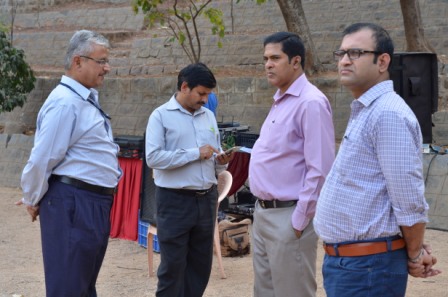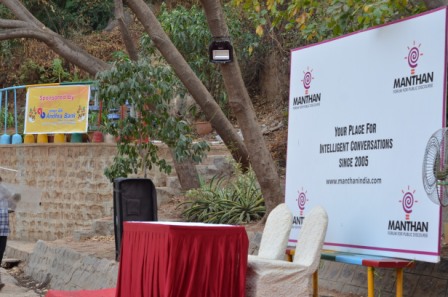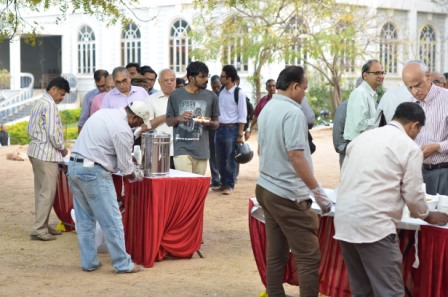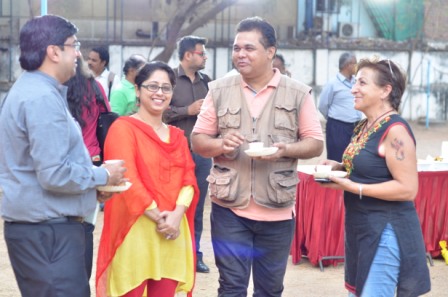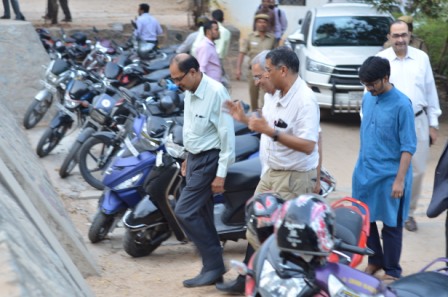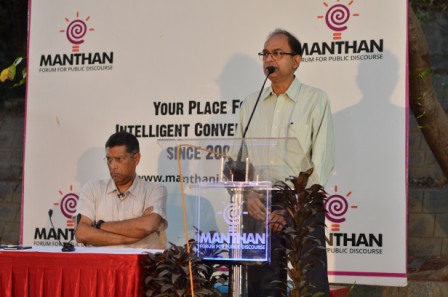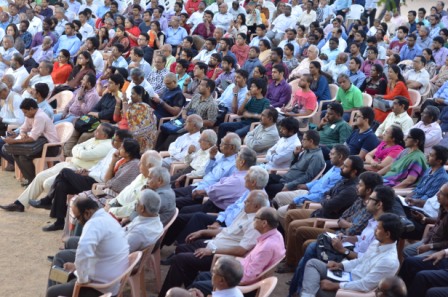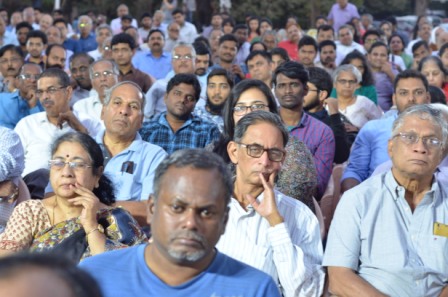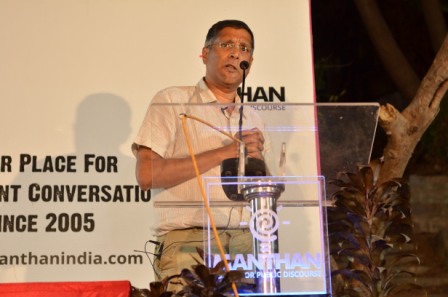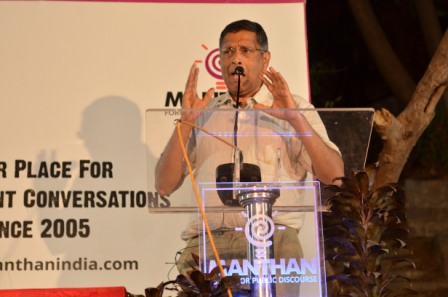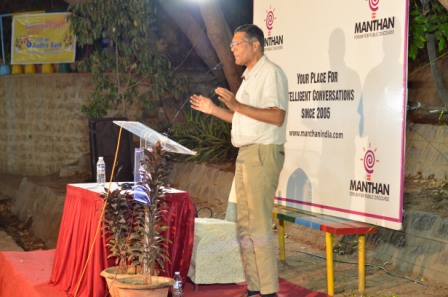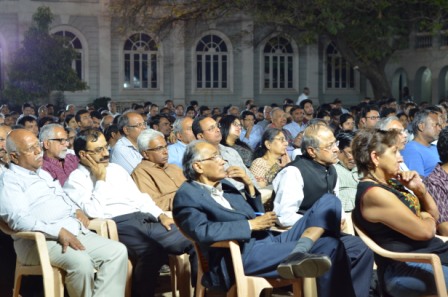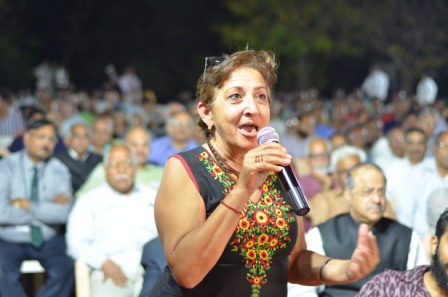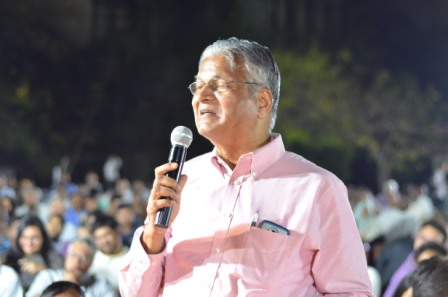The Talk
Since about 1980, India’s growth performance has been robust, especially for a democracy. This has been backed up by policy reforms that have made India more open to flows of goods and capital and have reduced the size of the public sector, both in micro-efficiency and macro-fiscal terms.
Yet, there are serious challenges that both inform our present and could potentially impede further rapid progress. These emanate in part from the fact that India started out as a poor democracy with deep social fissures (a “precocious, cleavaged” democracy). These long-standing challenges can be classified as an ambivalence about property rights and the private sector, deficiencies in state capacity, especially in delivering essential services, and inefficient redistribution. Meeting these challenges is not just a matter of overcoming vested interests; it may also require broader societal shifts in ideas and narratives.
Democracy Dialogues
Manthan is planning a continuing series of Democracy Dialogues to discuss issues and values relevant to democracy. This is the first Talk in the series.
Arvind Subramanium
Arvind Subramanian is the Chief Economic Adviser to the Government of India, having taken charge of the position on 16 October 2014 succeeding Raghuram Rajan.
He served as the Dennis Weatherstone Senior Fellow at the Peterson Institute for International Economics and a Senior Fellow at the Center for Global Development, both located in Washington DC.
Formerly an economist at the International Monetary Fund, he is a widely cited expert on the economics of India, China, and the changing balance of global economic power.
Arvind Subramanian is the author of two books, India’s Turn: Understanding the Economic Transformation published in 2008, Eclipse: Living in the Shadow of China’s Economic Dominance published in September 2011, and co-author of Who Needs to Open the Capital Account? which was published in 2012.
In 2011, Foreign Policy magazine named him one of the world’s top 100 global thinkers.
He was the Assistant Director in the Research Department of the International Monetary Fund. He is a development economist who worked closely with Reserve Bank of India Governor Raghuram Rajan when both were at the International Monetary Fund. He served at the GATT during the Uruguay Round of trade negotiations.
He has taught at Harvard University’s Kennedy School of Government from 1999 to 2000. He has also taught at Johns Hopkins’ School for Advanced International Studies from 2008 to 2010.
He has authored essays and other publications on growth, trade, development, institutions, aid, oil, India, Africa, and the World Trade Organisation. He has been widely published in academic and other journals (including the American Economic Review (Papers and Proceedings), Review of Economics and Statistics, Journal of International Economics, Journal of Monetary Economics, Journal of Public Economics, Journal of Economic Growth, Journal of Development Economics, Brookings Papers on Economic Activity, Oxford Review of Economic Policy, International Monetary Fund Staff Papers, Foreign Affairs, World Economy, and Economic and Political Weekly.)
He has also been cited in leading magazines and newspapers, including the Economist, Financial Times, Washington Post, New York Times, Wall Street Journal, Newsweek, and New York Review of Books. He contributes frequently to the Financial Times and is a columnist in India’s leading financial daily, Business Standard.

